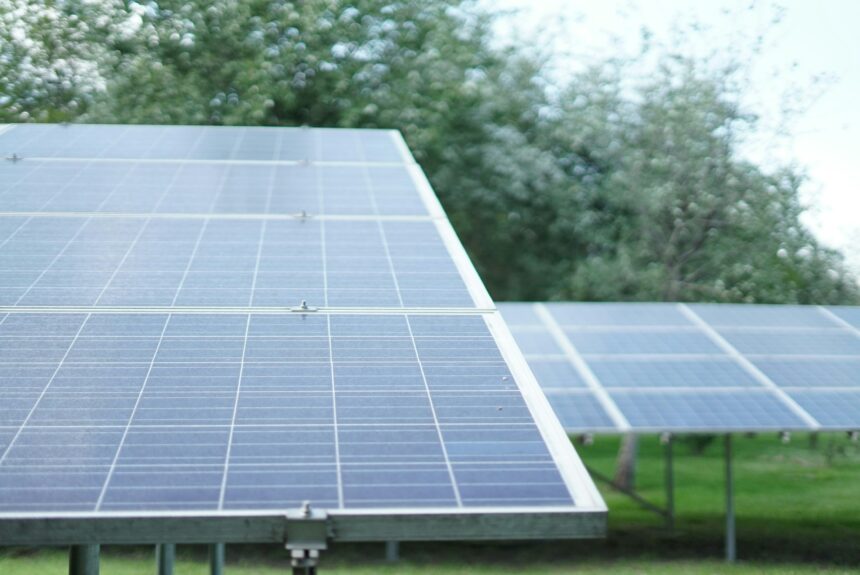The Biden administration recently set new tariffs on photovoltaic solar panels imported from Southeast Asia. Always a thorny issue, trade policy is expected to be especially controversial in 2025. Therefore, it’s worth understanding when tariffs might be appropriate and when they might carry more cost than benefit. The solar panel import issue is challenging because it isn’t a clear-cut trade matter—instead, it interweaves national security objectives and human rights concerns with otherwise mundane trade business as usual. In these situations, policymakers should keep the big picture in mind and ensure they maintain a hierarchy of priorities. Tariffs are a warranted policy in this latest case, but only because they are intended to address non-trade issues within broader U.S. foreign policy goals.
Trade policy is often contentious because the future beneficiaries of trade have less of a voice than present-day producers that resist foreign competition. The political discourse frequently devolves into a paradigm where domestic production is viewed positively while foreign production and imports are viewed negatively; however, such views don’t comport with our economic understanding of trade, which is that free trade is economically beneficial.
The views and opinions expressed are those of the author’s and do not necessarily reflect the official policy or position of C3.
